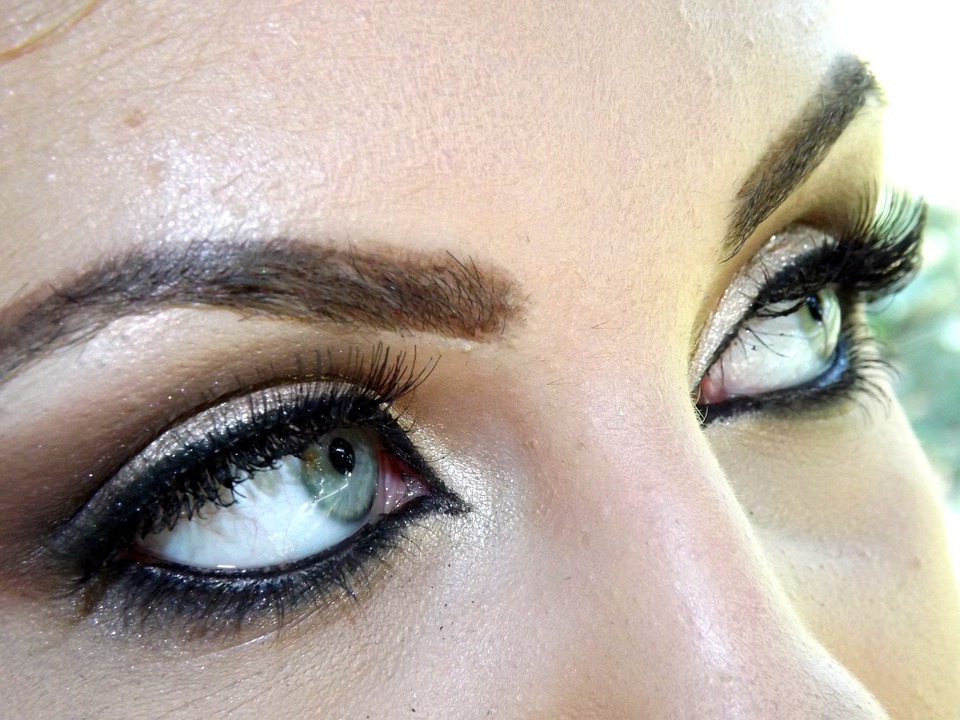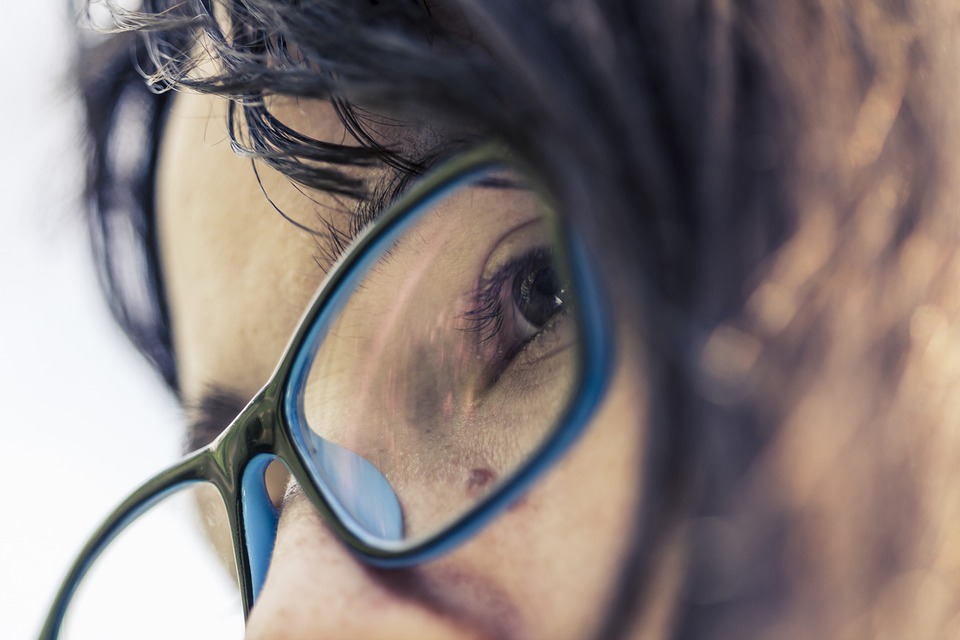Can stress cause eye problems?
Often, problems with our eyes are attributed to the inevitable effects of ageing or infections, but there can be other causes of eye problems, the chief of these being stress. So just how does stress cause some of our eye problems?
All of us suffer from stress at some point in our lives, the most common consequences of which are tension headaches and tightly-knotted shoulders. And if the stress is extreme, it can lead to serious physical and mental health problems.
Unlike headaches, which many of us suffer from regularly, stress-related vision problems are often infrequent and short-lived. The problem can effect both eyes or only one; you may have weeks of suffering, not experience it for many months.
Why is this? The infrequency and unpredictability of stress-related vision problems are responses to stress that cause specific changes in the body and the brain that activate the fight-or-flight response and stimulates the nervous system. Hormones released while we are under stress are stimulants, resulting in a heightening of our senses.
The most common symptoms of stress-related eye problems are pain in the eyes and discomfort; blurred vision, watering, increased sensitivity to light, and the appearance of floaters, dark spots that cross your vision.
However, it should be noted that some of these symptoms are associated with ageing, and may have nothing to do with stress. You could also experience blurry vision or discomfort because you’re spending too much time looking at a backlit screen and your eyes are strained.
If you find wearing glasses is causing eye strain, you can opt to have a laser eye consultation to discuss surgery that will correct your vision so glasses are no longer necessary. In the long term, this will save you money.
If you suffer from any or all of the symptoms mentioned above, have your eyes checked out in case there’s a physical reason for them. For example, it could be that your eyesight has worsened or you’re developing cataracts. But if there is no physical reason, then it could be your problems are stress-related.
The key to relieving stress-related eye problems is, of course, to address the anxiety you are feeling. The most immediate action you can take is deep breathing to calm yourself down. The body can take up to 20 minutes to recover fully from highly-stressed situations, so any sight problems you are experiencing may not be rectified immediately.
Other lifestyle changes may make you less prone to experiencing stress and anxiety. For example, eating a well-balanced diet and getting a good amount of regular sleep will help your overall health, while exercise is well known for relieving stress by releasing feel good endorphins into the body.
Stress is a natural part of life, and we are well equipped to deal with occasional, minor bouts of anxiety. However, if your stress is affecting your vision, you should take action by having regular eye examinations and making changes to your life to each that tension improve your overall health.






